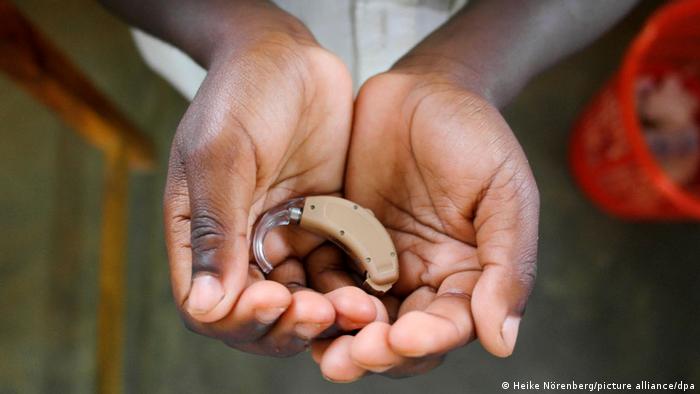A YOUNG pupil has died and another is being cared for in hospital after an outbreak of an invasive bacteria at a primary school in Surrey.
The girl who died is thought to have been a six-year old and was in Year 1 at the Ashford Church of England Primary School in Ashford, Surrey.
She is believed to have been infected with the invasive Group A streptococcal (iGAS) infection on Tuesday.
The bacteria – also known as strep throat – usually causes a sore throat or skin rash and is passed by physical contact or through droplets from sneezing or coughing.
It is responsible for 15 to 40 per cent of sore throats among children, and five to 15 per cent among adults.
The bacteria can often cause scarlet fever which can be extremely serious if not treated with antibiotics.
Cases of a dangerous Victorian disease have surged in recent weeks and parents have been warned to be on the lookout for symptoms.
Outbreaks often occur in late winter and early spring, but it is a risk all year round.
Microbiologist Doctor Simon Clarke of the University of Reading, said: “Strep A usually doesn’t cause any problems or require treatment.
”;; It’s a common cause of mild diseases like pharyngitis, a sore throat, particularly in children and young adults but can sometimes cause serious diseases, some of which can be life-changing or life-threatening.
“It is perhaps most notorious for causing necrotising fasciitis, better known as “flesh eating disease”;;, but that only accounts for a tiny fraction of cases.”;;
He adds: “It’s also important to recognise that most sore throats are not caused by GAS and even when they are, will usually go away within a few days.
“It’s only when a throat infection develops to more serious illness that someone needs to see their doctor.”;;
Science and medicine don’t have an answer to the question of how or why this bacteria switches from being harmless to causing disease, the expert said.
“While it’s natural to be worried about diseases affecting children, it’s important to remember that GAS outbreaks do occur periodically and tend to be small.”;;
The 12 symptoms of scarlet fever
According to the NHS the typical signs and symptoms include:
- sore throat
- skin infection, including blisters or impetigo
- high temperature
- headache
- flushed cheeks
- large pink or red rash on the skin, which is often itchy and feels like sandpaper
- swollen neck glands
- loss of appetite
- nausea or vomiting
- red lines in the folds of the body, such as the armpit, which may last a couple of days after the rash has gone
- a white coating on the tongue, which peels a few days later leaving the tongue red and swollen (this is known as strawberry tongue)
- a general feeling of being unwell
It affects mostly young children, and can now be easily treated with antibiotics.
However, in rare cases, it can cause complications – ranging from ear infections, to pneumonia, meningitisand rheumatic fever.
What to do if you or your child has scarlet fever
In the past, cases of scarlet fever could be extremely serious.
Thankfully, modern day instances are often mild and can easily be treated with antibiotics.
Parents are advised to book an appointment for their children at their local GP if they notice symptoms of the bacterial bug.
f diagnosed, sufferers will be prescribed a course of liquid antibiotics, which are to be taken for ten days.
Symptoms often clear up within two weeks, but there can be complications of scarlet fever.
There is a small risk of the infection spreading to other parts of the body, causing ear infection, sinusitis or pneumonia.
It’s advisable to return to your GP as soon as possible if you’re affected by headache, vomiting or diarrhoea after the initial scarlet fever symptoms have cleared up.




